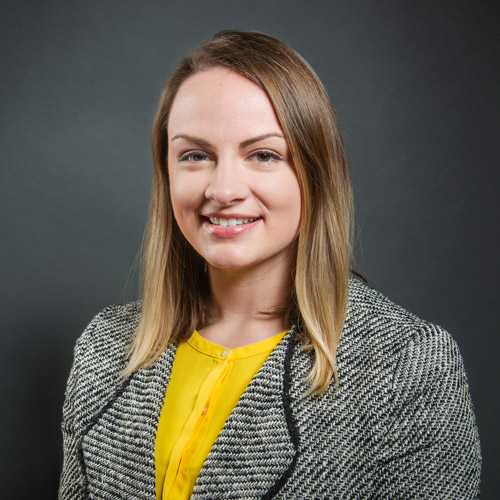Boston University Weekly COVID-19 Report: September 16 to 22
Low number of coronavirus cases despite one cluster emerging from a single off-campus household
Now that Boston University is publishing its COVID-19 testing data on a public-facing dashboard, Gloria Waters, BU vice president and associate provost for research, and Judy Platt, director of BU Student Health Services, will provide a weekly update on the overall health of the BU community. They’ll explain how the testing systems are working, where the glitches are, and how well students, faculty, and staff are following protocols. This is their third weekly report.
Looking back on Boston University’s coronavirus testing results from September 16 to 22, Gloria Waters says it was a relatively uneventful week.
“We’d love to have a week like last week every week, where we have days with no positive results,” Judy Platt says.
In all, seven students and three faculty or staff tested positive over the seven-day stretch. A dozen students are in isolation. Undergraduates, long considered the highest risk group for transmitting the coronavirus, make up about half of all BU cases, revealing the need for other segments of BU’s community to remain vigilant about following public health guidelines and adhering to the University’s testing protocols.
“About 50 percent of positive results so far have been in undergraduates, 30 percent in graduate students, and 20 percent in employees,” Waters says.
A number of the new cases this past week stemmed from a single off-campus household, Platt and Waters say.
“We remain concerned about students in off-campus housing situations where there may be higher numbers of people sharing a home,” Platt says. “At home, you don’t wear a mask or practice hand hygiene in the same way as you do outside your home. It’s hard to physically distance from others in your own house when you’re sharing bathrooms, kitchens, and the TV room.”
On campus, the biggest risks for transmission seem to occur around breaks or unstructured activities, such as having a meal or snack with others, Platt says. In contrast, classroom or work settings are more conducive to paying robust attention to hygiene and mask-wearing. “The setup of the classroom makes us less concerned than other settings on campus when people have to take breaks or eat,” Platt says.
Contact tracing
So far, BU’s investigations into each new confirmed coronavirus case, as well as its contact tracing efforts, have not indicated a single instance of the coronavirus spreading inside a classroom.
“Case investigation doesn’t always reveal a clear source of infection,” Platt says, “but as of right now, keeping in mind classes have not been in session for that long, we don’t have any evidence of transmission in the classroom.”
Waters says the BU Clinical Testing Lab has adjusted to the rhythm of the BU community submitting their samples for testing. Likewise, the community seems to have gotten into the swing of the testing cadence. “We’ve hit our stride,” she says.
Starting next week, Waters says, the BU COVID-19 dashboard will add a number that many in the BU community have been clamoring for—a weekly update on the number of individuals making up BU’s testing population, with a positivity rate calculated based on that denominator.
As the flu season arrives with fall, Platt also stresses that BU students, faculty, and staff should stay tuned for information on upcoming flu vaccine clinics. Chillier temperatures are coming and with them, increased risks for coronavirus transmission as people spend more time indoors. Getting the flu vaccine can help reduce the burden on local healthcare systems, making space for those clinics to focus on coronavirus patients.
The increased amount of time spent indoors during fall and winter is why these seasons see an increased spread of cold and flu viruses. This year, with COVID-19 in the mix, it will be more important than ever for people to maintain physical distancing. “The more people can keep their distance indoors, the better chance we have at interrupting transmission,” Platt says.
Gloria Waters has spearheaded teams of BU scientists in their development and deployment of a campus-wide COVID-19 testing program and mathematical modeling of community behavior. Judy Platt, chair of BU’s Medical Advisory Group, oversees clinical management and isolation of students and employees who test positive for coronavirus, and helps manage BU’s contact tracing efforts. They are co-chairs of BU’s Vaccine Preparedness Group, which is overseeing the distribution of COVID-19 vaccines allocated to BU by the Massachusetts Department of Public Health.

Comments & Discussion
Boston University moderates comments to facilitate an informed, substantive, civil conversation. Abusive, profane, self-promotional, misleading, incoherent or off-topic comments will be rejected. Moderators are staffed during regular business hours (EST) and can only accept comments written in English. Statistics or facts must include a citation or a link to the citation.